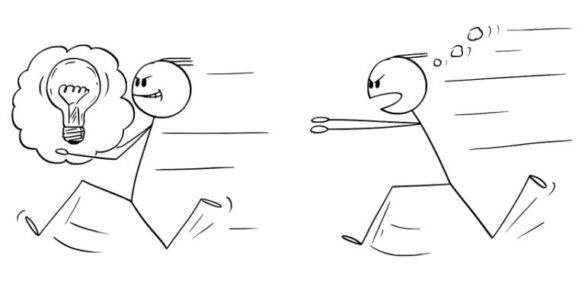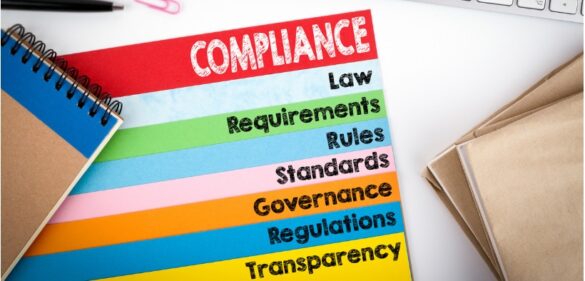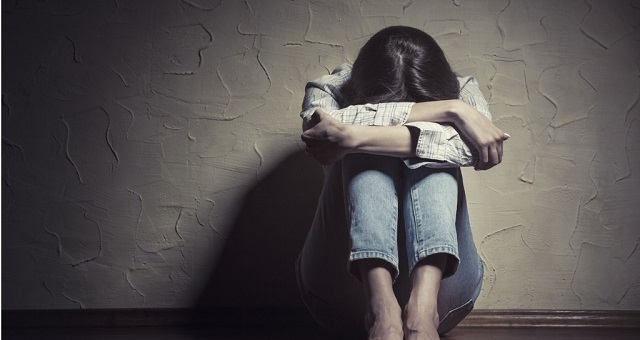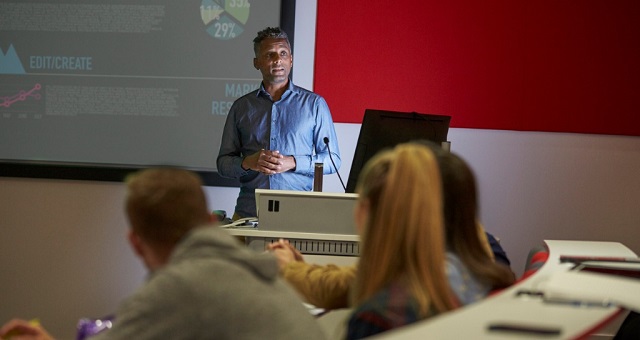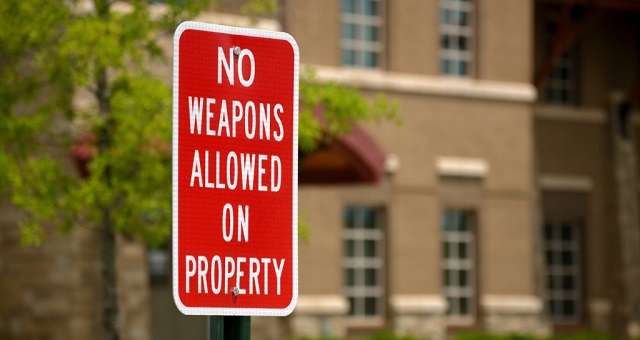Triage for Inadvertent Invention Disclosure
For more articles like this, check out an Academic Leader subscription or a free three-week trial! Academic leaders are responsible for obtaining value from innovations developed at a university. Importantly, innovation value can vanish when there is an inadvertent disclosure of an invention. A hallmark requirement for patent protection is an invention’s novelty....
Promoting and Encouraging Undergraduate Research
In June, I provided an overview of undergraduate research, including how providing research opportunities for undergrads benefits the institution, faculty, and, of course, the students themselves. In this article, I address the challenges of undergraduate research and offer suggestions and techniques on how to best promote and encourage it. Undergraduate...
Accessibility: Making a Plan to Do What’s Right (and Required)
As of 2017, the last full year we have data for, there were 5,567 Office of Civil Rights (OCR) investigations dealing with accessibility in K–20 institutions (Department of Education, 2019, p. Z-22). In 2018, Americans with Disabilities Act (ADA) Title III Lawsuits in federal courts were projected to hit almost...
Compliance in Higher Education: Six Considerations
This article first appeared in Academic Leader on February 1, 2019. © Magna Publications. All rights reserved. In the past year, compliance issues plaguing higher education touched on nearly every area of academic and social life—public space and free speech, harassment and sexual assault, academic integrity, and athletics. Universities and colleges face...
Two Simple Steps to Inspire Better Student Engagement
The stereotypical college student is always searching for clubs, activities, and other ways to be engaged on campus. Unfortunately, not every student fits that description, leaving department chairs, deans, and other leaders in higher education looking for creative ways to pique students’ interest in those events and experiences that promote...
Creating a Policy and Procedures Manual Specific to Online Education
This article first appeared in Academic Leader on December 16, 2019. © Magna Publications. All rights reserved. I’ve had the pleasure of serving as the University of Wisconsin–La Crosse’s primary online administrator for the past 12 years and recently was reflecting upon things we have done on our campus over that time...
On Mixed Marriages: Building Community Between Academic Affairs and Student Affairs
This article first appeared in Academic Leader on November 1, 2018. © Magna Publications. All rights reserved. My partner and I often joke that we have a mixed marriage. Our joking is not exclusively because one of us is Black and the other is White. It is not because one...
The Traumatic Impact of Interpersonal Crime on the Campus Sexual Assault Victim/Survivor
The word victim is derived from the Latin word meaning sacrifice. Suffering seems to be caused by the nature of the crime as it relates to the social character of the specific victim. And it is important to note that when a person is victimized, there may be other issues...
Dealing with Disruptive Students
Most professors will have to deal with classroom disruptions at some point, from the relatively minor—students who show up for class late or who talk excessively—to the more serious—disrespectful, uncivil, or threatening student behavior. It's the role of the department chair to create a culture that helps prevent and deal...
Guns on College Campuses – Not A Good Idea!
It is hard to believe that the Columbine High School shooting was 19 years ago. The actions of the two suburban Colorado high school seniors who went on a shooting spree killing 13 people and wounding over 20 others before taking their own lives should have been a clarion call...

